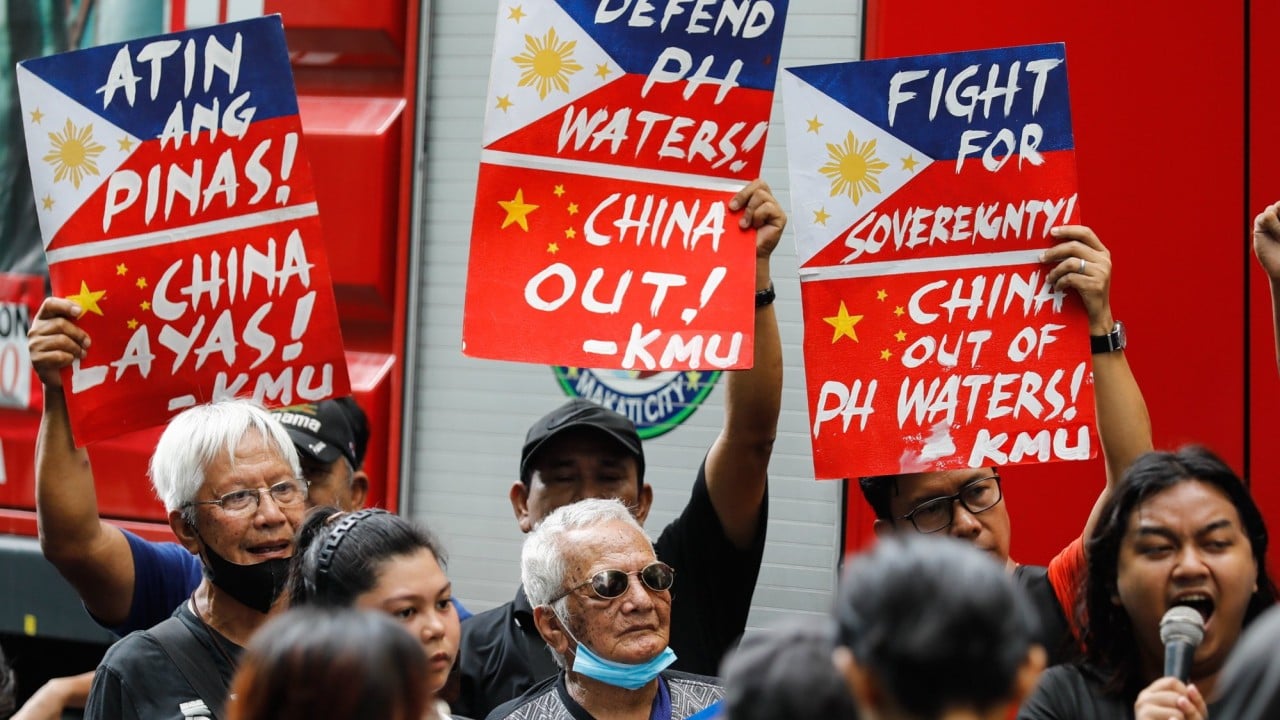Philippine President Ferdinand Marcos Jnr’s playing of the China card this week urging a sweeping victory for his Senate allies marks the first time a political leader in the country is using a foreign policy issue to win votes.
Advertisement
In front of an adoring crowd during the kick-off rally of his Bagong Pilipinas (New Philippines) party in his hometown province of Ilocos Norte on Tuesday, Marcos Jnr said in Tagalog: “Will we consent to return to that period when our leaders want us to become a province of China?”
It was a veiled allusion to a joke made by former president Rodrigo Duterte in 2018 when he told a roomful of ethnic Chinese businessmen with the Chinese envoy to Manila present: “Would you like to just make the Philippines a province of China, like Fujian? Then we will no longer have a problem. Everything will be free.”
During Tuesday’s campaign speech, Marcos Jnr assured the crowd that none of his senatorial candidates “are rooting for China and expressing delight when our coastguard is being bombarded”, referring to multiple clashes between Chinese and Philippine vessels in the disputed South China Sea.
Amid cheers and applause, he urged voters to “let us deliver a 12-0 result for the Senate” in the May midterm elections.

Twelve of the 24 Senate seats are up for grabs, along with 18,200 local executive positions – from provincial governor down to city and town mayors, along with all seats in local legislative councils.

